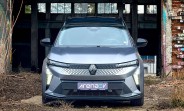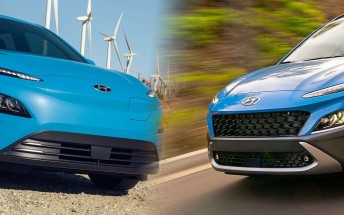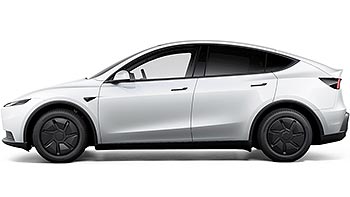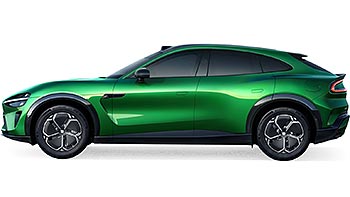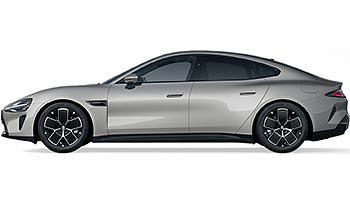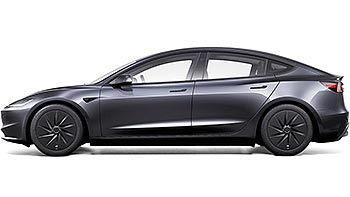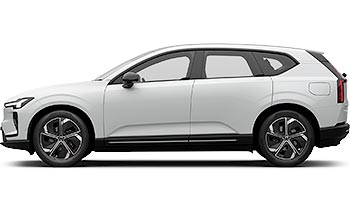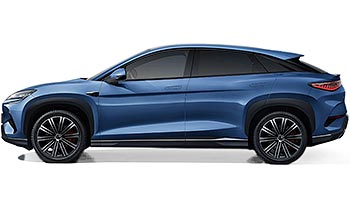$7,500 US federal tax credit for EVs renewed for next 10 years with big changes

The Inflation Reduction Act has been approved by the US Senate by the narrowest of margins - 51-50 votes. What is the IRA? It is the improved Build Back Better bill introduced by president Biden, which unfortunately got stuck in the Senate thanks to objections from the Republicans and Joe Manchin who is a Democrat.
As expected, the bill was fully opposed by the Republicans but vice-president Harris used her vote to break the tie. With the Senate out of the way, the next step is the House where the bill is expected to be passed within a week. After that it’s sent to President Biden’s desk and his signature will turn it into a law.
 President Biden's BBB proposal was updated to IRA and passed the Senate
President Biden's BBB proposal was updated to IRA and passed the Senate
The electric vehicle tax credit is part of the $400 billion package of funding for climate and energy related programs and will be available for the next 10 years. Although it represents a significantly lower amount than the initially planned $500 billion in BBB bill, it introduces many positive improvements.
$60 billion will go towards manufacturing of solar panels and wind turbines, $30 billion will be available in credits for new projects, $60 billion is marked for disadvantaged communities affected by climate change, $27 billion will go to R&D for clean technology, another $20 billion will be spent on reducing agricultural emissions, $5 billion will be spent on forest conservation and $4 billion is designated for Western states to help with drought.
The most intriguing part of the new bill for us is of course the EV tax credit. There are some great news - first of all the tax credit stays on for another 10 years. The biggest change though is the removal of the manufacturer's cap. It means the 200,000 vehicle limit per manufacturer no longer applies and we won’t see anymore situations like Toyota running out of credits after 6 months.
 The most powerful Rivian R1T will no longer qualify for the $7,500 tax credit
The most powerful Rivian R1T will no longer qualify for the $7,500 tax credit
That cap meant Tesla and GM couldn’t qualify for the tax credit anymore, essentially making their vehicles less competitive. From the beginning of 2023 the tax credit will apply to all new cars so if you were hoping to bag a bargain EV next year - you’re in luck.
Another big change is the tax application process, customers no longer need to apply at the year end when filing their tax returns. The EV tax credit can be applied upfront at the point of sale as long as the vehicle is new and purchased from the dealer. That last bit will need clarification because it potentially may exclude Tesla (again) since it doesn’t have dealerships.
There are new requirements for the cars to qualify for the $7,500 tax credit. Vehicles need to be assembled in the US, the materials used for the battery have to either come from the US or a country that the US has a free trade agreement with. All qualified vehicles have to cost less than $55,000 for passenger cars and less than $80,000 for SUVs and pickup trucks.
 Tesla Model X is way too expensive to qualify
Tesla Model X is way too expensive to qualify
Final requirement for the full tax credit is the buyer’s financial situation - to qualify for the $7,500 discount, the buyer cannot earn more than $150,000. All the new regulations will leave many cars outside the scope of the tax credit but are hoped to stem local manufacturing and adoption of more affordable electric cars.
Good news carries on with the $4,000 tax credit available on used electric cars, as long as they are cheaper than $25,000. Plug-in hybrids will still qualify under the new rules as long as they come with a battery larger than 7 kWh.
Once the bill is signed by the president it will go into law and certain things will change for the current system - mainly the origin of the vehicle. While the new tax credits apply from next year, the current rules will be updated with the origin requirement taken into account. It means that if you wanted to buy a foreign electric car that did qualify for full TC under old rules, it won’t be the case anymore.
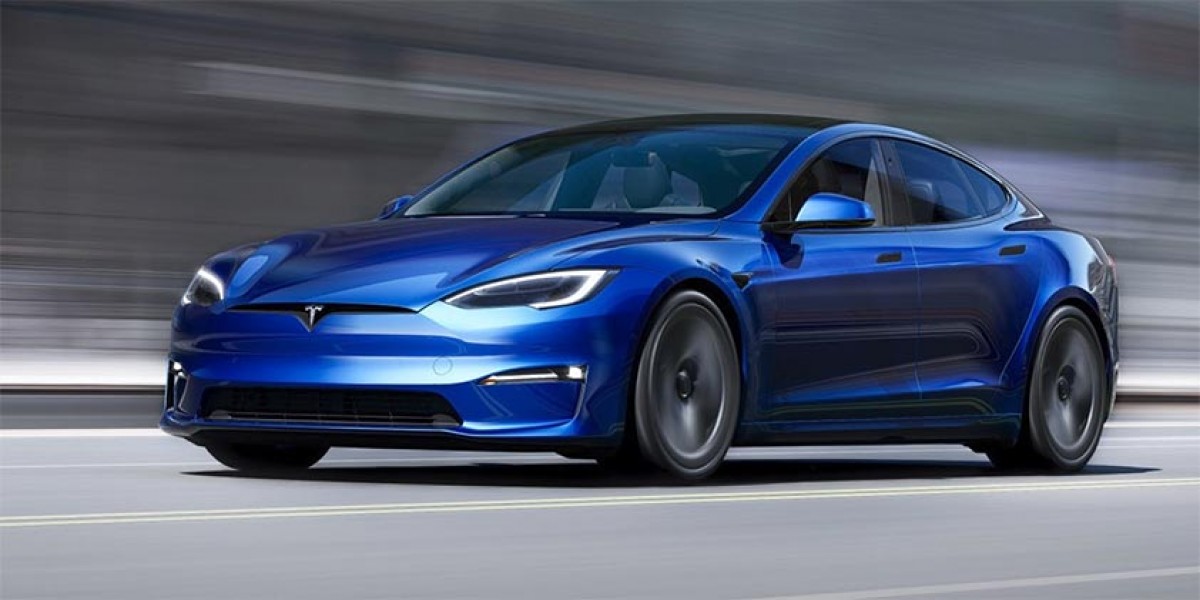 Tesla Model S will not qualify for the tax credit
Tesla Model S will not qualify for the tax credit
If that’s your situation then you’d be better off running to the dealers and signing a purchase order before the law changes. Any orders placed before the new act will still qualify for TC under old rules. Time to make some quick decisions. And if it’s not you and you were planning to buy a new EV next year - shop wisely, stick to the cars below $55,000 and you’ll save a bucket.
If you don’t know what car to get, you can always use our EV finder and to make sure you don’t go over the $55,000 tax credit threshold, you can set the maximum price as well. It’s a great tool and well worth spending a few minutes with.
There is a good but “unofficial” 2023 tax credit thread on Reddit if you want to have a better idea of what cars will qualify under new rules.
Related
Reader comments
Well interesting news even i am not US citizen but European means Slovakia. I am glad that country like US pushed more towards everything green. By the way hope that the idiott Trump will be sentenced, prosecuted and jailed for all his ccrimes ...
- 11 Aug 2022
- Lfw
Interesting topic is if most of the buyers actually need an SUV :) I personally would be quite happy for Model 3 LR - 4 people, dog, some luggage and still room to spare. The efficiency is quite nice.
- 10 Aug 2022
- dNZ
- Anonymous
While the bill has a lot of other issues, it seems to get it right on this. It may in fact push manufacturers with models at the upper limit to price lower. And yeah, most of the Model X buyers will not be swayed by the tax credit :) It's really...
- 09 Aug 2022
- pQ0




